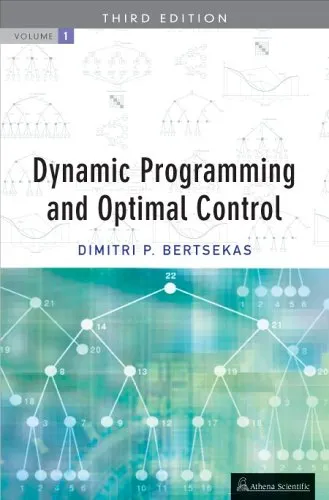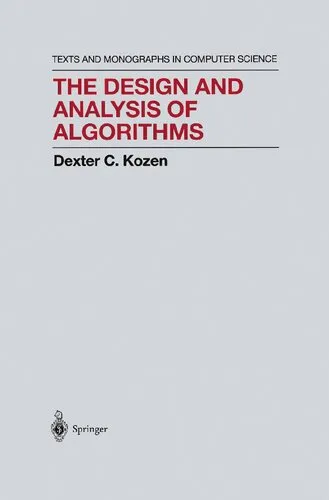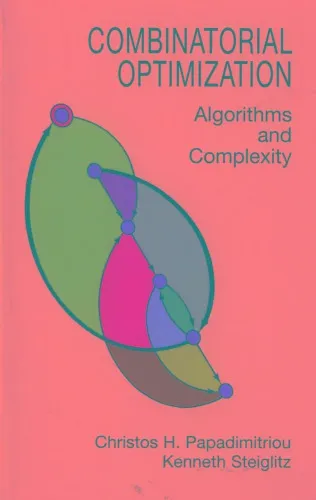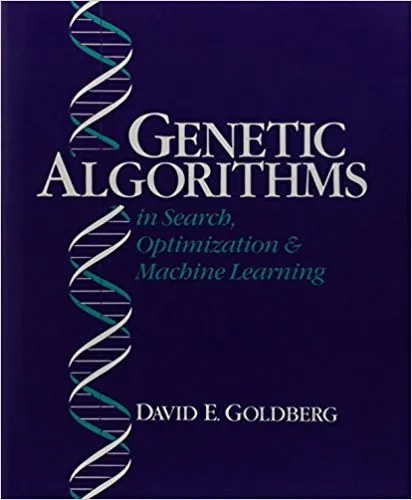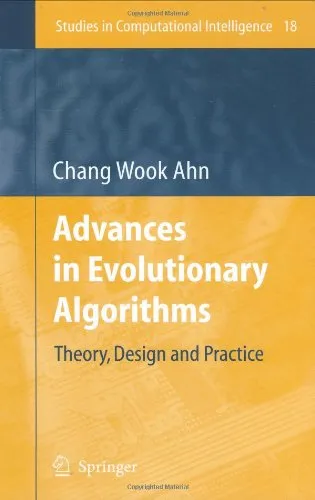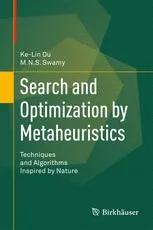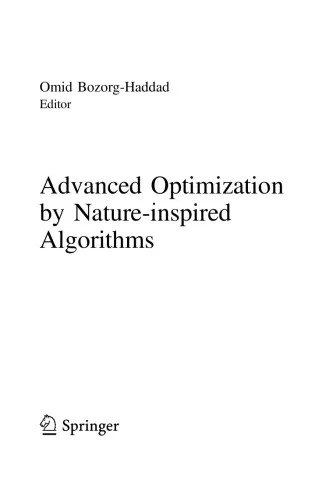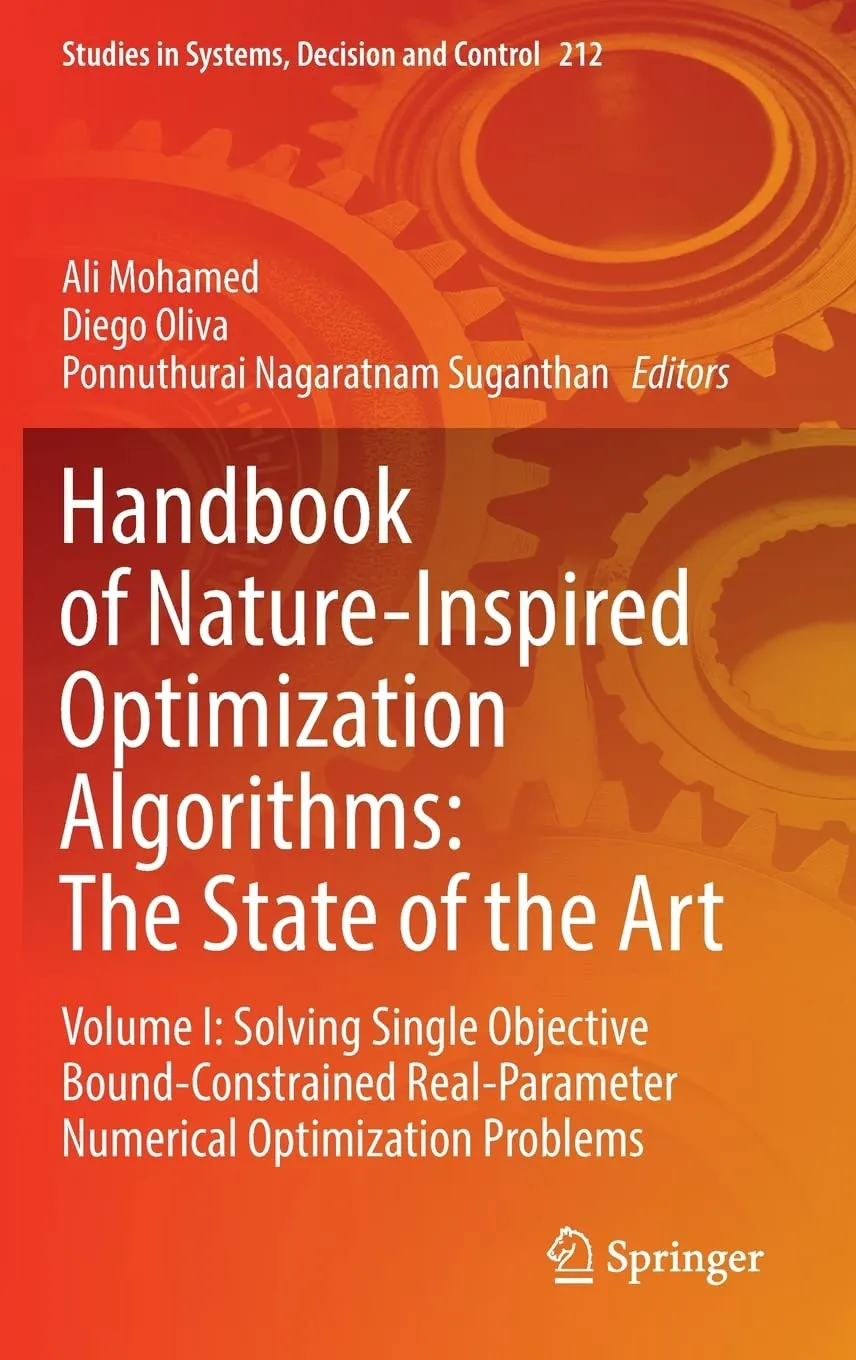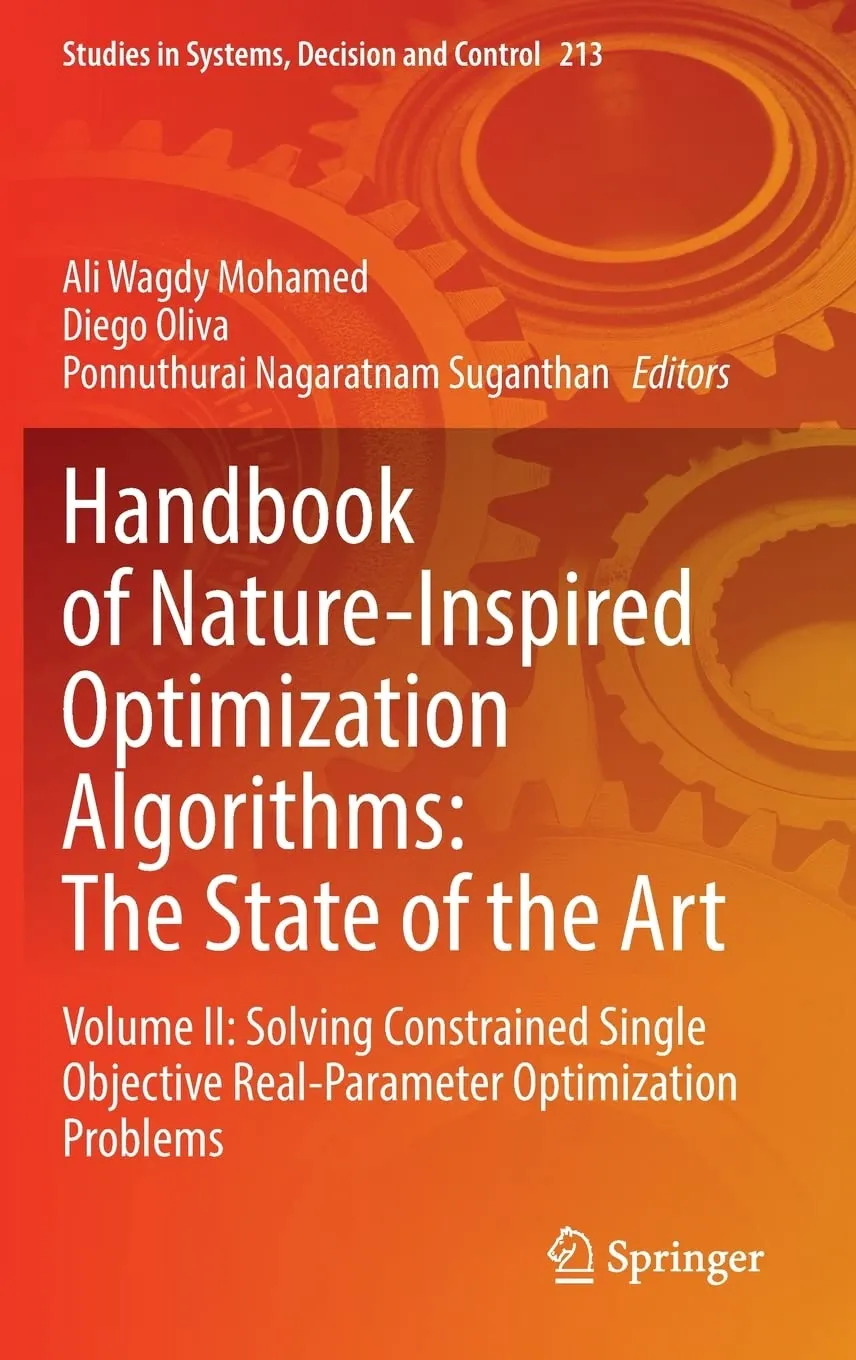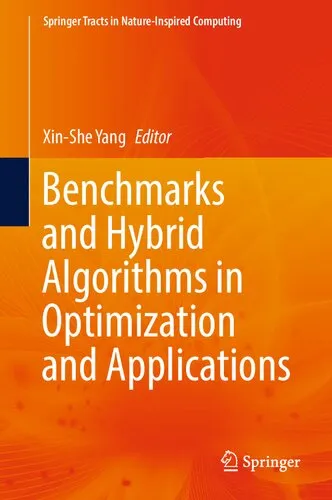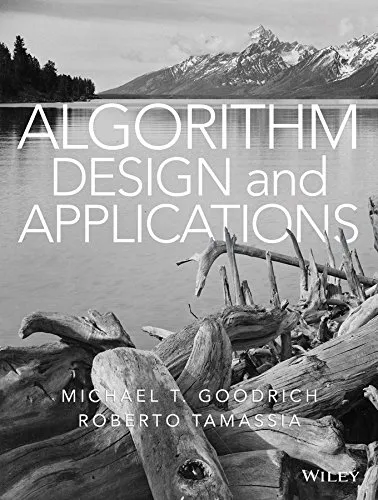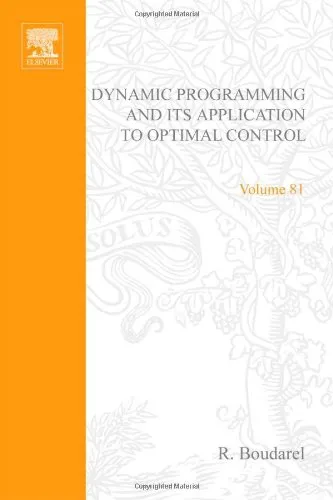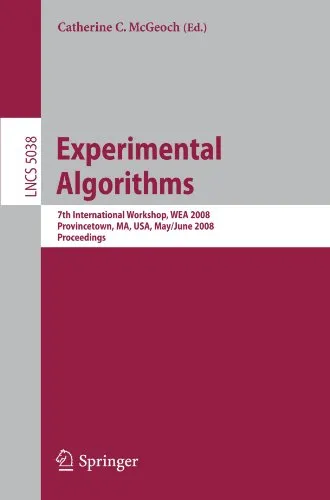Dynamic programming and optimal control
4.7
Reviews from our users

You Can Ask your questions from this book's AI after Login
Each download or ask from book AI costs 2 points. To earn more free points, please visit the Points Guide Page and complete some valuable actions.Related Refrences:
Introduction to 'Dynamic Programming and Optimal Control'
The book Dynamic Programming and Optimal Control, written by Dimitri P. Bertsekas, is a seminal work in the field of decision-making, optimization, and dynamic systems. It has become a cornerstone for researchers, practitioners, and students seeking in-depth knowledge of dynamic programming and its applications in engineering, operations research, economics, and beyond. With its detailed mathematical formulations and practical insights, this book is widely regarded as an essential resource for anyone studying or working with sequential decision-making problems.
Divided into multiple volumes, this work covers the theory, methodology, and applications of dynamic programming, delving into deterministic and stochastic optimization problems. It provides a rigorous yet accessible treatment of the subject, making it suitable for both academic research and industrial applications. This book shines in its ability to make complex concepts understandable while maintaining mathematical rigor, empowering readers with the techniques needed to solve real-world problems.
Detailed Summary of the Book
Dynamic Programming and Optimal Control focuses on sequential decision-making under uncertainty using dynamic programming. At its core, dynamic programming is a method for solving complex problems by breaking them into simpler subproblems. This approach relies on the principle of optimality, which states that an optimal policy can be constructed by solving smaller portions of the problem in an optimal way.
The first volume primarily explores the theoretical foundations of dynamic programming, including the Bellman equation, deterministic optimization problems, and policy iteration. It introduces key concepts such as state space, value functions, and Markov decision processes (MDPs). Moreover, it highlights practical algorithms for deriving optimal and approximate solutions to these problems.
The second volume expands on these ideas by addressing stochastic optimization problems, which involve randomness and uncertainty. Topics covered include probabilistic modeling, stochastic dynamic programming, and robust optimization techniques. Applications are drawn from areas like inventory management, resource allocation, and multi-stage decision-making. Throughout, the material is complemented with real-world examples and computational insights.
In both volumes, special attention is given to approximate dynamic programming, which seeks to handle the computational challenges posed by large-scale, high-dimensional problems. These methodologies are crucial in domains such as artificial intelligence and machine learning.
Key Takeaways
- An in-depth understanding of dynamic programming as a framework for solving sequential decision-making problems.
- Comprehensive coverage of both deterministic and stochastic optimization problems.
- Practical algorithms and computational methods for deriving optimal solutions.
- A solid foundation in approximate dynamic programming, particularly relevant for large-scale applications.
- Applications spanning diverse fields, including operations research, control theory, and artificial intelligence.
Famous Quotes from the Book
"Optimal decisions are seldom made in isolation but are instead the culmination of a sequence of interdependent actions."
"The principle of optimality allows us to decompose the seemingly insurmountable into manageable subproblems."
"Dynamic programming is not merely an optimization technique; it is a philosophy of decision-making."
Why This Book Matters
Dynamic Programming and Optimal Control remains an unparalleled resource that bridges theoretical insights with practical application. The methods discussed in this book have been instrumental in solving some of the most challenging problems in diverse fields such as robotics, game theory, machine learning, finance, and beyond. The principles covered in this book have inspired numerous advancements in algorithms and computing, particularly in the age of artificial intelligence.
By offering a systematic approach to decision-making under uncertainty, Bertsekas equips readers with tools to tackle problems of both academic and industrial significance. Whether you are an academic exploring decision theory or a practitioner addressing real-world challenges, this book will serve as an invaluable guide.
Free Direct Download
You Can Download this book after Login
Accessing books through legal platforms and public libraries not only supports the rights of authors and publishers but also contributes to the sustainability of reading culture. Before downloading, please take a moment to consider these options.
Find this book on other platforms:
WorldCat helps you find books in libraries worldwide.
See ratings, reviews, and discussions on Goodreads.
Find and buy rare or used books on AbeBooks.
1447
بازدید4.7
امتیاز0
نظر98%
رضایتReviews:
4.7
Based on 0 users review
Questions & Answers
Ask questions about this book or help others by answering
No questions yet. Be the first to ask!
